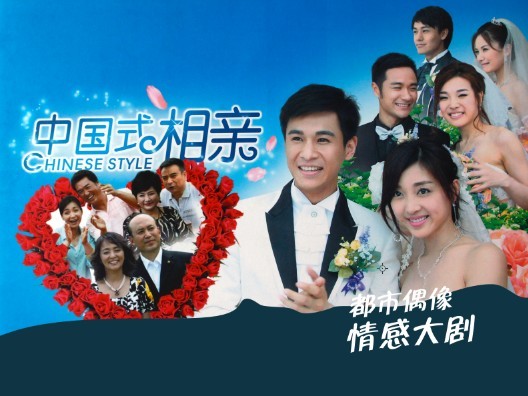
The Nayan is a scout and negotiator who seeks possible matches in the community based on aspects such as “family background, economic position, general character, family reputation, the value of the dowry, the effect of alliance on the property, and other family matters. The phenomenon of arranged marriages was seen in other religions such as Christianity and Islam as well.Ĭentral to the process of arranged marriages is the presence of a matchmaker, called a ‘Nayan’. This was not exclusive to Indian society though, it was consistent with similar developments elsewhere, particularly in South East Asia and the South Pacific.

It is also speculated that parental control of marriage may have emerged during this period as a mechanism to prevent the intermixing of ethnic groups and castes. With kinship groups being viewed as a primary unit to which social loyalty was owed by individuals, marriage became an affair deeply impacting the entire family. Under the system they advocated for, women were placed permanently in male custodianship: first of their fathers in childhood, then of their husbands through married life, and finally of their sons in old age (Gupta, 1976). Manu and others attacked the Gandharva and other similar systems, calling them immoral and promiscuous. The Gandharva mode is nearest to what may be called "love" marriage.Īround 500 BC, with the emergence of classical orthodox Hinduism, the social ideas advanced by Manu gained prominence, and large sections of Indian society moved towards patriarchy and caste-based rules. Only the first four were accepted since they pertained to arranged marriages in which the parental couple ritually gives away the daughter to a suitable person. mention eight modes of acquiring a wife known as Brahma, Daiva, Arsha, Prajapatya, Asura, Gandharva, Rakshasa, and Paisacha. The Hindu scriptures written during 200 B. While there are laws prohibiting different forms of discrimination in India, matchmakers and matrimonial advertisements continue to draw on biases’. Mili Mitra at the Washington Post, puts it quite lucidly in her op-ed, about the show, ‘ Arranged marriage is one of the ways Indian families self-isolate within their own social classes and groups, entrenching age-old divisions.
#Arranged marriage television show tv#
So two questions that become quite interesting here, 1) how and why are arranged marriages so very integral to Indian culture? 2) what is it about such reality Tv shows/documentaries that enrapture and captivate us so very much?Ī quick 101 on arranged marriages in India – I promise it will be kept slim (perhaps)

So the parents guide their children, and that is the work of a matchmaker.’ (Roychowdhury, 2020) The two families have their reputation and many millions of dollars at stake. In India ‘marriages take place between two families. I must admit she does get one thing right though. Sima Taparia is in fact a product of a system entrenched in staunch beliefs and traditions about familial structures and how marriage serves furtherance of the same. While IMM may be dragged through the mud and ridiculed for a plethora of reasons, the sad, ugly truth masking it all, is that it is nothing but a mirror reflection of customs and societal traditions surrounding marriages, not just in India but over South Asia. As people flooded media platforms with diverse takes on the show, a significant proportion of people also narrated their own personal experiences with arranged marital alliances and how it impacted them. From its double standards and heavily problematic take on physical appearance and behavioral attributes, the docu-series truly almost managed to break the internet. Laced with not so subtle undertones of misogyny, sexism, colorism, and classism it soon became a social media brouhaha, with netizens, doing their best to out the cringefest of the show that it was. Indian Matchmaking (IMM), an 8 part docu-series that premiered quite recently on Netflix revolves around the perils of Indian matchmaking through the lens of its protagonist Sima Taparia.


Armed with a meticulously cataloged (yes in its literal sense) binder of biodata belonging to her upper-class clientele (read: from height to horoscopes and everything in between), Sima or Sima Aunty, jet sets across the world to land the perfect match for her them. The self-proclaimed ‘born matchmaker’ runs her marriage consultancy agency out of her apartment in Mumbai (with the help of a few trusty aides, an astrologer and a face reader among others). Sima Taparia is unabashedly the Big Brother of the big fat hoo-ha that is Indian Weddings.


 0 kommentar(er)
0 kommentar(er)
